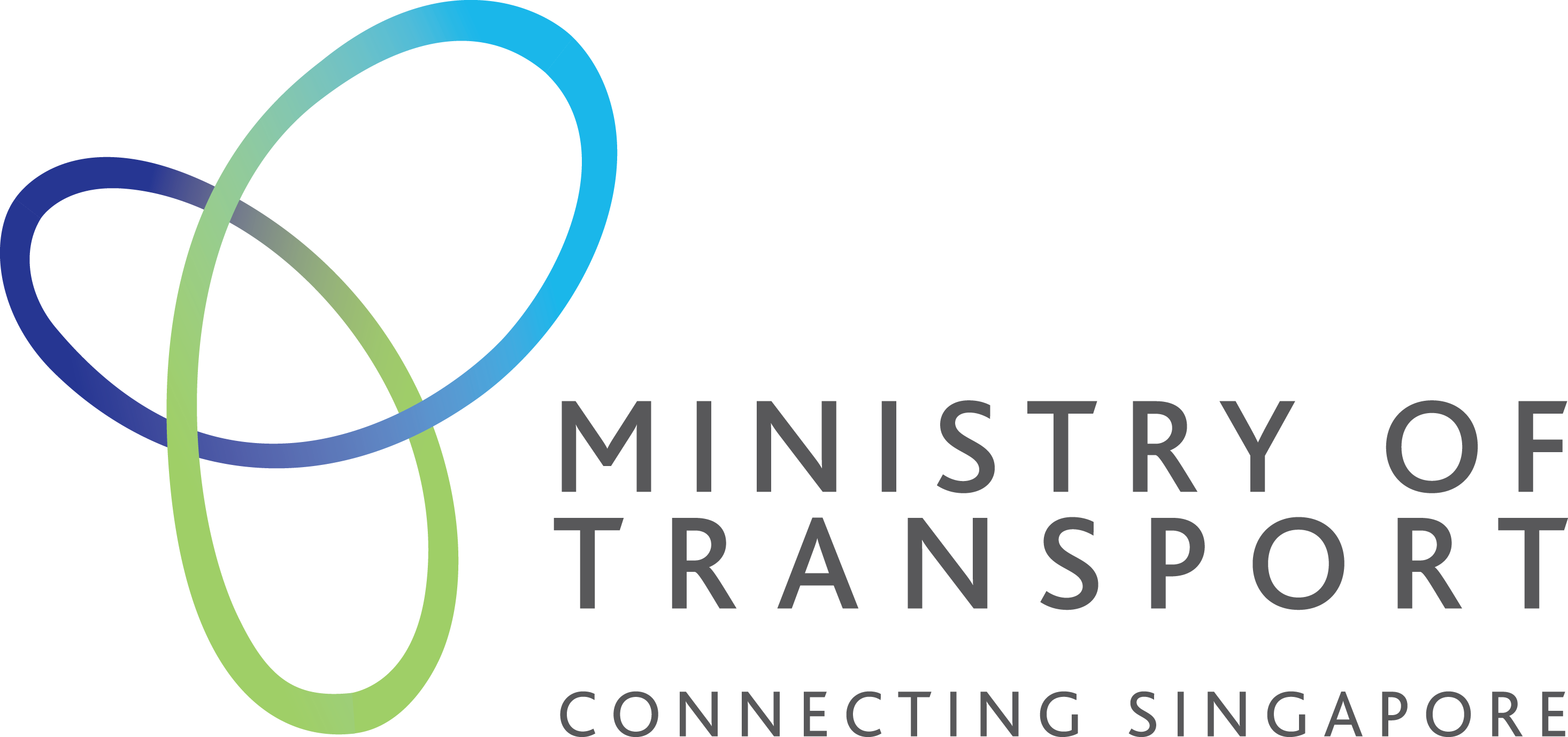Written Reply to Parliamentary Question on Measures in Place to Safeguard Quality of Bunker Fuel and Essential Supplies to Marine Vessels Calling at Singapore Ports
9 May 2022
This article has been migrated from an earlier version of the site and may display formatting inconsistencies.
Mr Saktiandi Supaat asked the Minister for Transport
a. what measures are in place to safeguard the quality of bunker fuel and essential supplies provided to marine vessels calling at Singapore's ports;
b. what are the specific reasons for the alleged supply of contaminated bunker fuel despite these measures;
c. when will the Maritime Port Authority expect to conclude its investigations and make those results publicly available; and
d. how Singapore intends to maintain the trust dividend it enjoys as a maritime hub.
Reply by Minister for Transport S Iswaran:
1. The Maritime and Port Authority of Singapore (MPA) was notified on 14 March 2022 that some ships had been supplied with bunker fuel containing high concentration levels of Chlorinated Organic Compounds, or COCs, in the Port of Singapore. This is the first case of fuel contamination due to high concentration levels of COCs reported in Singapore in the past two decades.
2. MPA has released an update on the status of its on-going investigations on 5 May 2022. The COCs were traced to fuel originally purchased overseas by Glencore Singapore Pte Ltd (Glencore) in January and February 2022 through Straits Pinnacle Pte Ltd (Straits Pinnacle), who had contracted with cargo trader Unicious Energy Pte Ltd (Unicious) for the supply of the fuel.
3. The fuel had been loaded onto a tanker at the Port of Khor Fakkan in the United Arab Emirates (UAE) and shipped to floating storage facilities in Tanjung Pelepas in Malaysia to be further blended. Glencore blended the fuel and sold part of the affected fuel to PetroChina International (Singapore) Pte Ltd (PetroChina), another bunker supplier.
4. Glencore and PetroChina, which are both licensed by MPA, supplied the affected fuel to about 200 ships in the Port of Singapore, of which 81 ships to date have reported problems with their fuel pumps and engines.
5. MPA has a robust regulatory framework for bunkering. Every licensed bunker supplier must comply with the "Specification for Quality Management for Bunker Supply Chain" Singapore Standard, which covers the management system for the bunker supply chain from product procurement to delivery.
6. The Singapore Standard requires that the quality of bunker supplied to vessels must conform to the international standards set by the International Maritime Organization (IMO) and the International Organization for Standardization (ISO). The ISO 8217 on "Petroleum Products – Fuels (class F) – Specifications of Marine Fuels" is the relevant international standard that was developed together with industry stakeholders and national standards bodies. MPA monitors the compliance with these requirements through regular testing of fuels. More than 1,300 bunker samples are tested annually.
7. In this incident, Glencore and PetroChina had tested and confirmed that the fuel met the ISO 8217 requirements. Glencore had also performed additional chemical testing on the fuel based on the American Society for Testing and Materials (ASTM) D7845 standard. However, Glencore and PetroChina did not test the fuel for COCs, as both the ISO 8217 and ASTM D7845 standards did not require testing for COCs. This is because COCs, which do not occur naturally in crude oil, are generally of higher value in their pure form than bunker fuel. Hence, it is not common for COCs to be found in bunker fuel.
8. While ISO 8217 states that the fuel shall be free from any material at a concentration that causes the fuel to be unacceptable for use, it also states that identifying and determining the concentration of a material that causes the fuel to be unacceptable for use can be difficult, and that it is not practical to require detailed chemical analysis for each delivery of fuels beyond the characteristics and limits specified in ISO 8217.
9. Once they knew about the problem, Glencore and PetroChina had promptly taken the necessary steps to stop further supply of the affected fuel oil. The companies have also cooperated fully with MPA’s investigations.
10. MPA has since included COC into the list of chemicals to be tested as part of its testing regime. It is discussing with the industry and the relevant international and professional bodies to establish a list of chemicals to be tested and their corresponding concentration limits.
11. Prior to this incident, the only reported incident of contaminated bunker fuel in Singapore in the last decade was in 2018. MPA received complaints from four vessels regarding contaminated fuel bunkered in Singapore. The nature of the two incidents is different. The contaminants then were not COCs, and the number of vessels affected was far fewer. MPA found that the bunker suppliers involved in the 2018 incident had exercised reasonable due diligence in ensuring that the fuels they had supplied met ISO 8217 requirements.
12. Trust is critical to our competitiveness as a bunkering hub, and MPA will continue to work hard to maintain the trust of our partners. While it is not possible to completely prevent such incidents from happening, especially in cases when the source of contamination occurs overseas, we will do our best to uphold high standards and testing requirements in Singapore, and to be open and transparent in our investigations and follow-up actions when we encounter such incidents.
